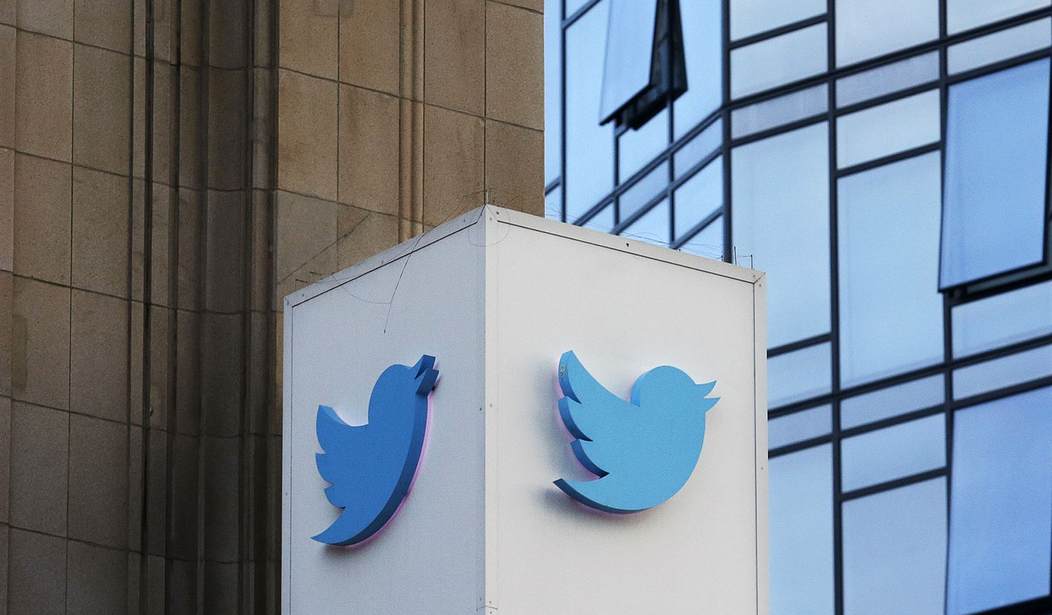It has been clear for over a decade that Big Tech is no friend to conservative opinion or free expression generally. In a country founded on the principle of freedom of thought, many Americans hoping to express ideas outside the mainstream agree this is a problem. But very little is agreed in terms of Big Brother providing a solution. The latest attempt to curtail censorship by social media companies comes via a Florida law with nationwide impact. But will it pass legal muster?
The law preventing social media censorship, signed by Governor DeSantis on May 24, prohibits large social media platforms from deplatforming political candidates or providing them with secret free advertising. In addition, the law requires large social media platforms to publish their policies and standards and then apply those standards consistently among users. Users must be given an opportunity to opt-out of prioritization algorithms, to instead see other users’ posts sequentially. The new law also protects journalists from getting deprioritized because of their content. If the big social media companies don’t do this, they will be flooded with lawsuits.
The bill targets a problem that is both real and incredibly frustrating. Until only days ago, Facebook banned users from questioning whether COVID-19 is lab made, for example. It also recently banned stories about the (now former) BLM leader acquiring a multi-million dollar home. These types of policies have led many Americans to question the future of free speech in this country.
But some conservative libertarians believe the law creates a cure worse than the disease. As a general matter, strict regulation of business, especially a fast-moving and successful enterprise like technology, has traditionally resulted in slower advancements and less prosperity for all. Worse, a patchwork of state regulations is a death knell for anyone seeking to enter the market and compete. Not to mention the harm that befalls conservatives with speech regulations: the since-rescinded “Fairness Doctrine” required broadcast news to give equal time to both sides, meaning unique ideas, like those proposed by Rush Limbaugh, got zero time.
Recommended
Conservative populists, on the other hand, are desperate to fight back, before it’s too late. Politicians can’t pretend that laissez faire regulation here will yield free market or free speech benefits, because the market (and the marketplace of ideas) is already not free. It has become dominated by a small handful of actors and, left unchecked, those actors will alter the fabric of our nation, from culture and religion to science.
And then there’s the Constitution. For the more libertarian side, no more should the government tell Facebook what to allow on its site than tell Focus on the Family that it must host atheist content. And under federal law, called Section 230, online companies seem to be protected from lawsuits when they take down material. Given this, the first lawsuit to block the bill was filed only three days after the law’s enactment. But, taking a straightforward look, the legal challenges are not clearly a slam dunk, and there is a non-zero chance Florida could succeed here.
First, let’s take the First Amendment. Twitter, the argument goes, has a First Amendment right to ban whatever speech, user, or political candidate it would like. But that may over assert Twitter’s right, given that it’s a “platform,” more so than a “speaker.” The Supreme Court, in 1980, decided Pruneyard Shopping Center, where a shopping mall asserted a First Amendment right to exclude pro-Israel petitioners from petitioning on its property. But California has a law, in its constitution, which gave the pro-Israel petitioners a right to petition (reasonably) in shopping centers. The Supreme Court said the First Amendment interests of the shopping mall doesn’t cancel those citizens’ rights, because the government wasn’t forcing the mall to carry any certain message, and the mall could disclaim that it did not endorse whatever the petitioners were saying. So too here, Google and Twitter may assert “First Amendment” interests to cancel or prioritize ideas, but if California can open up forums like shopping malls for speech, it’s possible Florida can do the same for social media platforms.
Next, under the Commerce Clause, States may not impede a national market in pursuit of purely local benefits. So, if Facebook can’t provide its service from state to state because each state has its own burdensome regulations, Facebook could argue that the Commerce Clause prevents such a patchwork. But States already regulate the internet. Commonly for sexual communication with children, reducing spam, and consumer privacy, State regulation of the internet is not a foreign concept. And Congress has been slow to act, further emboldening States to protect their minors and their citizens’ data.
The final hurdle is federal law, specifically Section 230 of the Communications Decency Act, which could be read to broadly allow online platforms to remove unwelcome material from their websites. But Section 230 is a law originally designed to protect websites that remove pornography from family-friendly sites, and there’s a serious argument that its protection only extends to platforms in removing obscene, violent, or equally valueless content, not political speech. And while early lower court decisions expanded the accepted reading of Section 230, the Supreme Court has never opined on its breadth. Moreover, the obsolete nature of Section 230, passed in 1996, likely means its authors didn’t have a clear intention of how it would apply to today’s problems, either.
We’ve now seen a state, generally in favor of light regulation on personal freedoms, choose heavy regulation for the Internet. That may well be a policy our Sunshine State friends live to regret, or live to love, but the question is whether it’s a policy they can, lawfully, choose. The courts are already facing these questions. And the answers are anything but clear cut.
May Davis is a visiting fellow at Independent Women's Forum and a former legal advisor to President Donald J. Trump.

























Join the conversation as a VIP Member